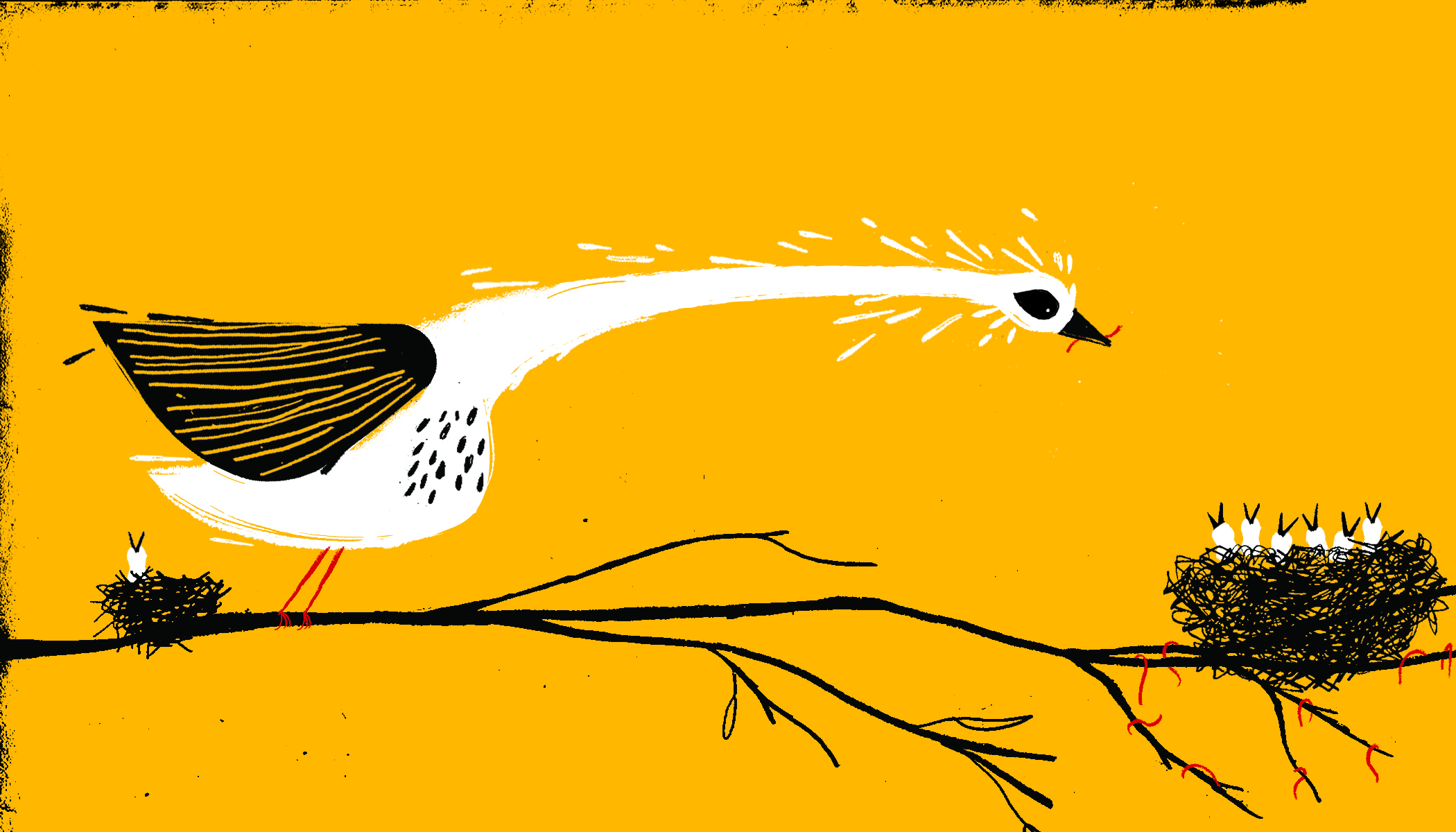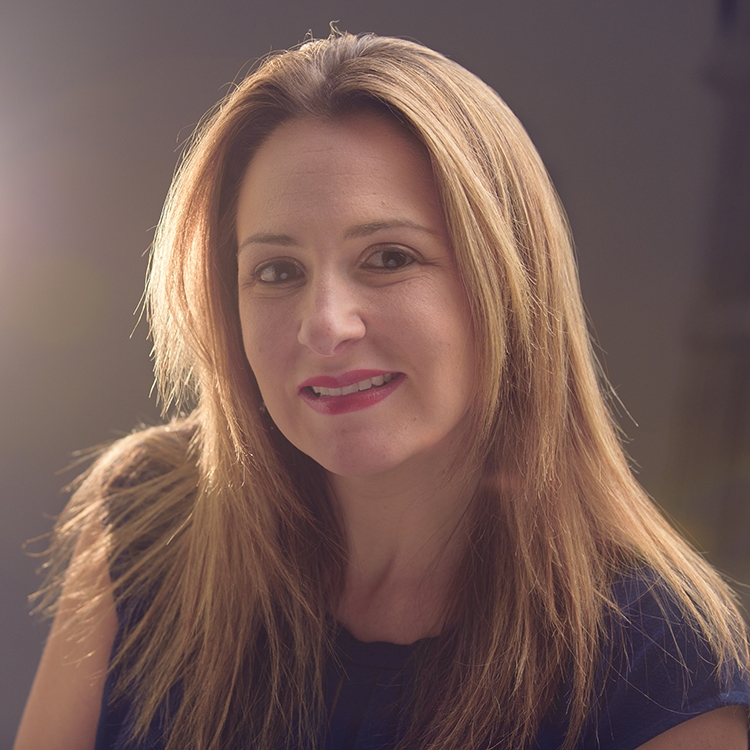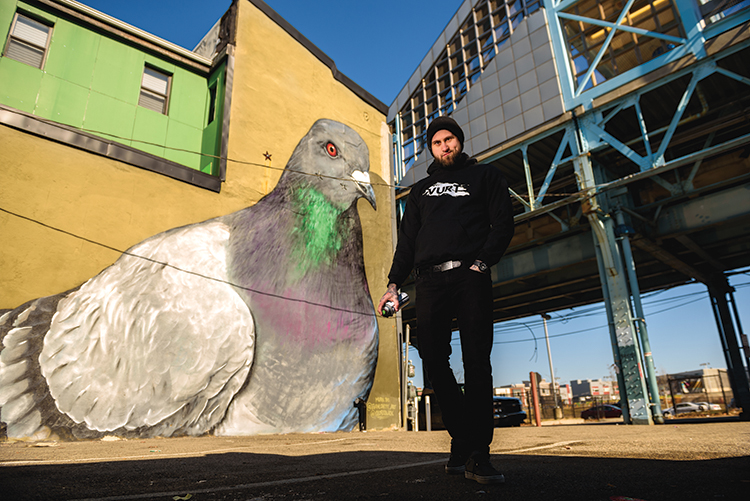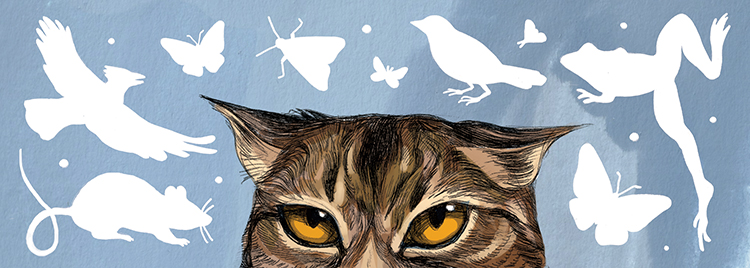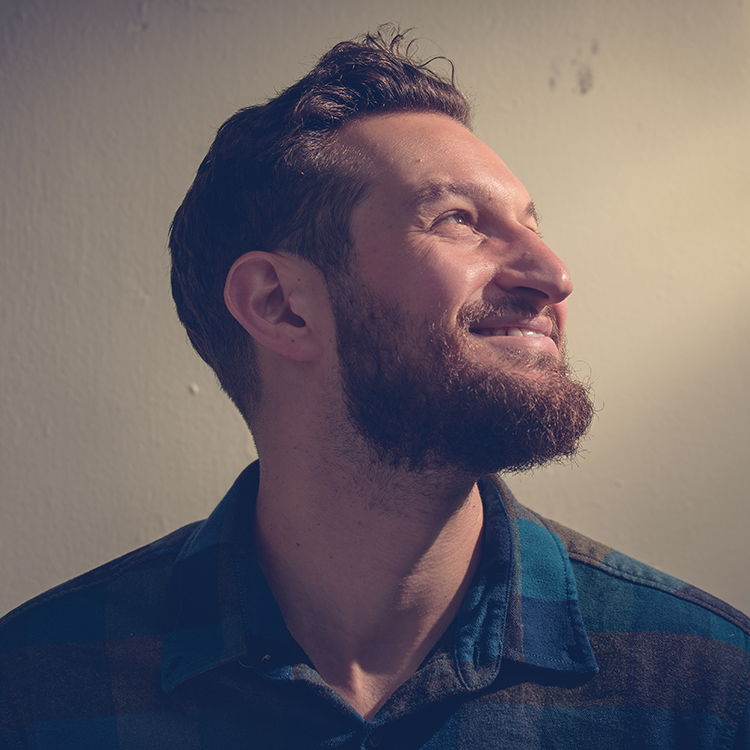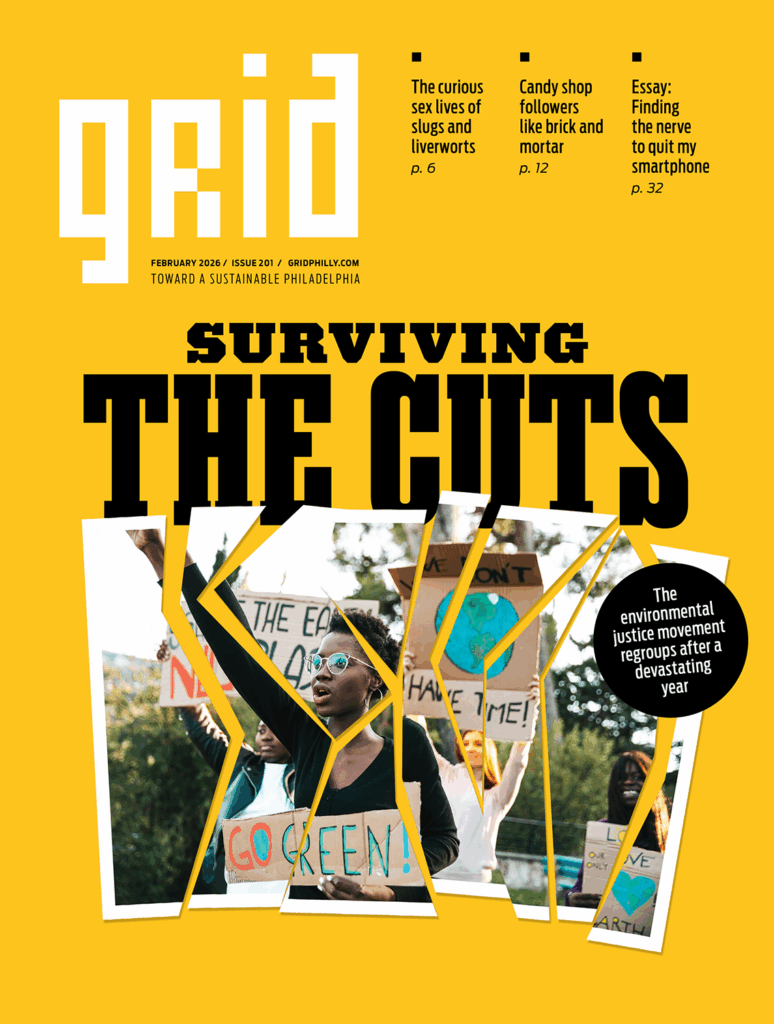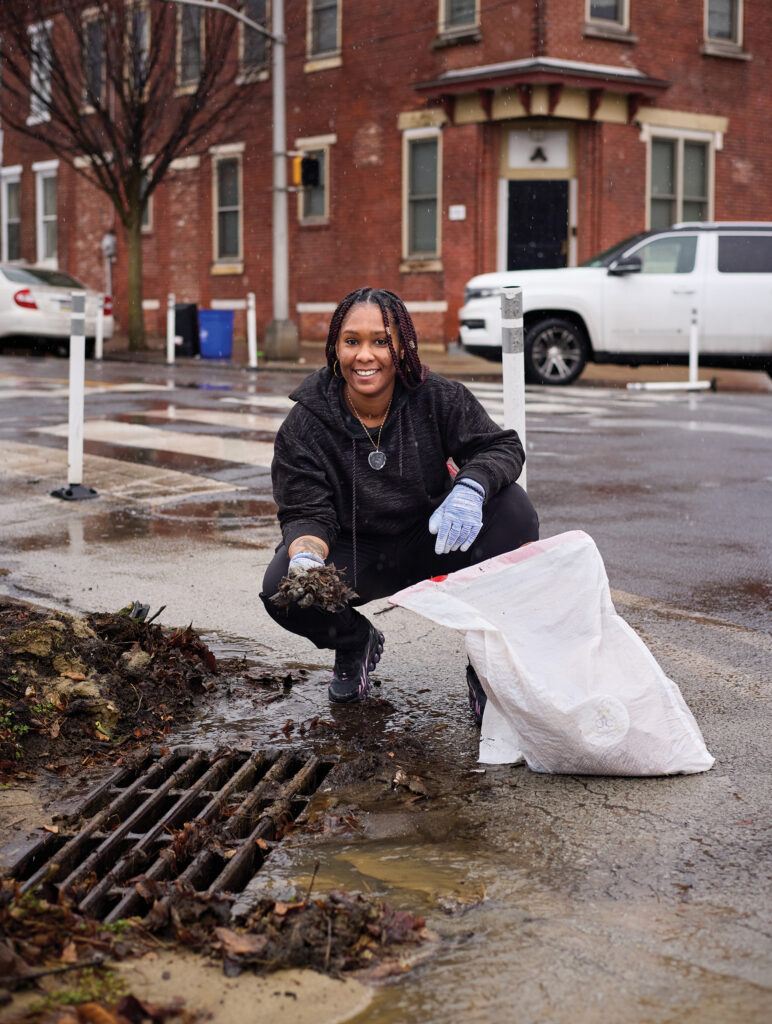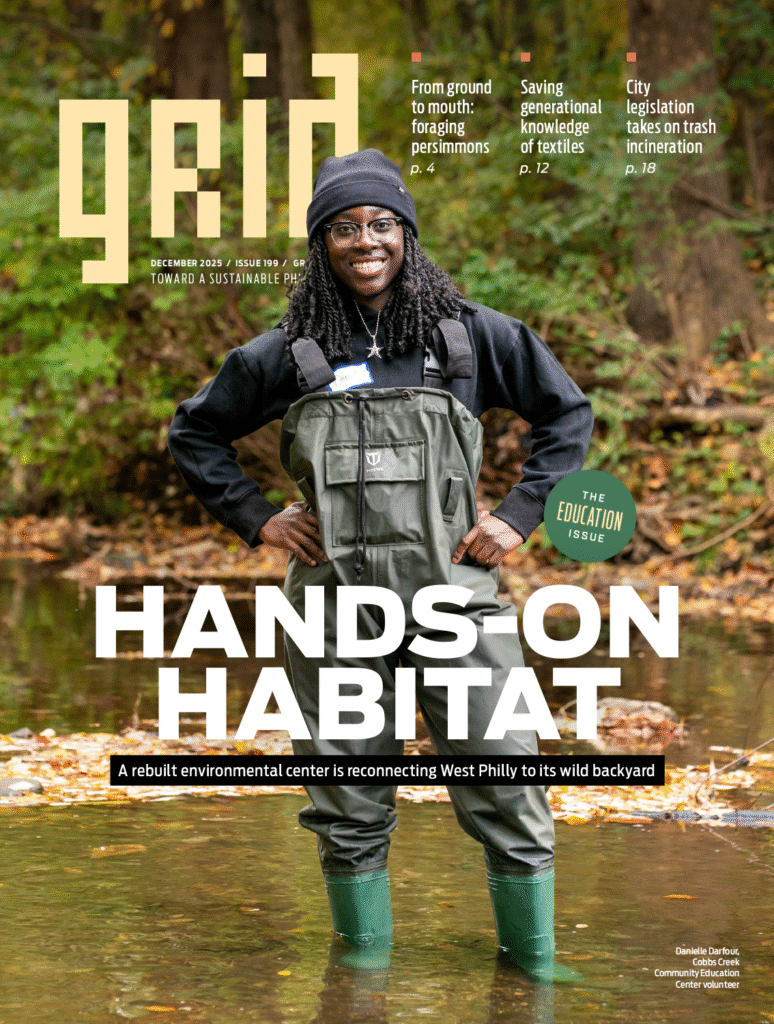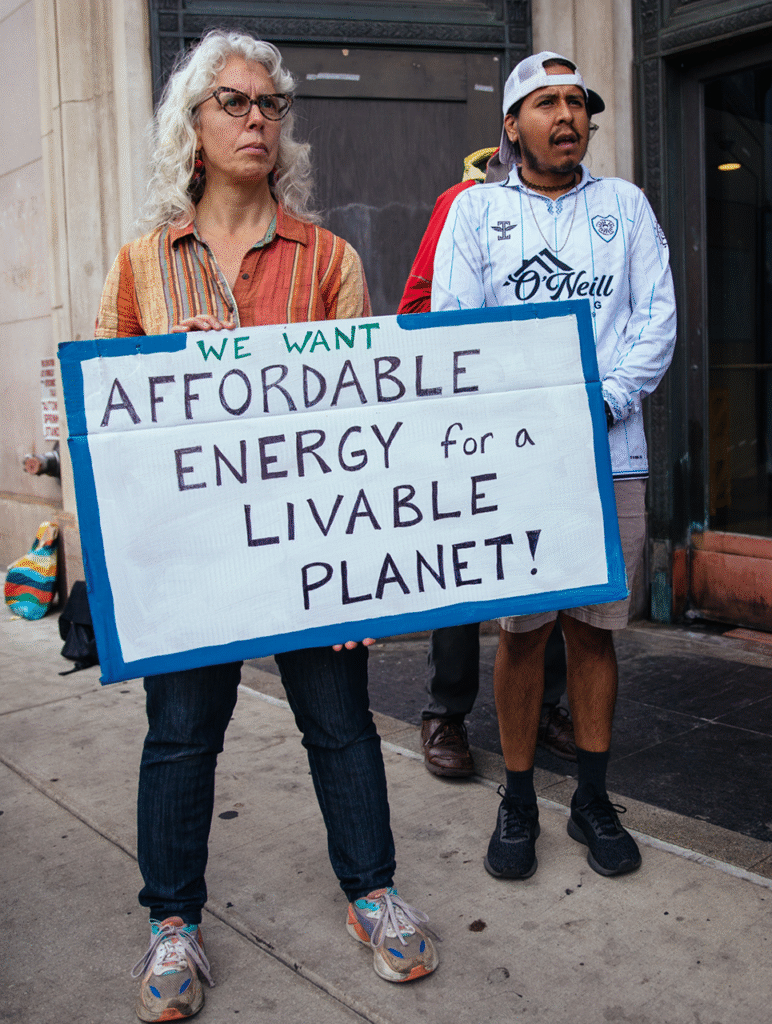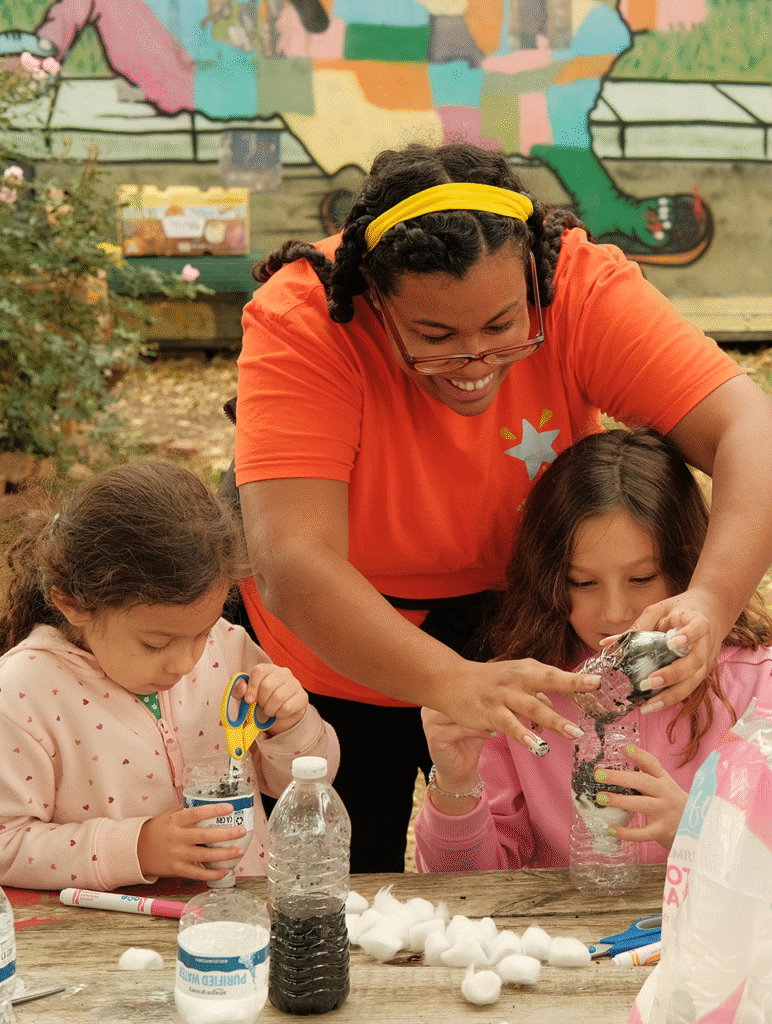Illustration by Narrator
Essay by Christopher Putvinski
Anyone who thinks they can change the world on their own is both wrong and dangerous.” It was in early 2013 when I first heard these words from distinguished anthropologist Wade Davis. I mistakenly took it as defeatist: Was he implying that a single person wasn’t capable of effecting the change he or she wanted to see in the world?
I was a newly enrolled, overly ambitious graduate student at the environmental studies program at the University of Pennsylvania. I was also intent on changing the world, and righting its wrongs. To name but one: 17,000 children under the age of five dying in the developing world—each day—from entirely preventable circumstances. I wanted to help provide them with clean water, a ready supply of food and government stability.
A year into my studies, after an internship in Washington, D.C. and a stint abroad, I pursued a more policy-focused internship and landed at the Mayor’s Office of Community Empowerment and Opportunity, Philadelphia’s anti-poverty agency. Admittedly, my primary concern was giving my résumé a boost, but I also harbored the faint hope of learning something transferable to the developing world.
I had always known that Philadelphia was a city afflicted by poverty, but I was ignorant to its severity. Here, in the richest nation in the world, one in four people live below the poverty line, and almost 25 percent of Philadelphians lack access to a stable, healthy supply of food. Working with the agency, I was able to see up close the daily struggle too many Philadelphians face. For someone who wanted to dedicate his life to helping the poor abroad, the fact that I had overlooked the plight of my neighbor was painful to come to terms with.
Still hellbent on changing the world, I decided I should focus on the U.S.—specifically Philadelphia—first. I wanted to help other people see what I had seen, and so I set to work on a short documentary film, The American Food Disparity. It features interviews with lawmakers, best-selling authors, experts, academics and, most importantly, the food insecure and impoverished themselves. Even if it has moved someone and raised some awareness, I know my efforts have not been nearly enough.
I had so badly wanted to change the world—to be a hero. But during the film’s year-long production, I met many who truly embodied the traits of heroism: committed, motivated for the right reasons, grateful and genuine. I dedicated the film to “everyday heroines and heroes.” They are extraordinary people. I now know I can never live up to the examples they set each and every day: I’ve realized I am neither that selfless nor committed. The sacrifice is too great. I want and expect too much in return.
The war correspondents, the volunteers at soup kitchens, those working to change policy—the unsung heroes expecting nothing for their work—are the ones living out what was, but no longer is, my life’s dream.
“Bear witness to what is going on and decide whether we want to dedicate our lives to the good, or to the forces of negativity.” Davis also imparted this advice to me. I decided some time ago to try and dedicate my life to good, and I will still do as much good as I can. But I will do it—at least for now—leading an otherwise ordinary life, my eyes and heart open to the people around me.
Christopher Putvinski has a master’s degree from the University of Pennsylvania and wrote and directed The American Food Disparity. He resides in Philadelphia.



